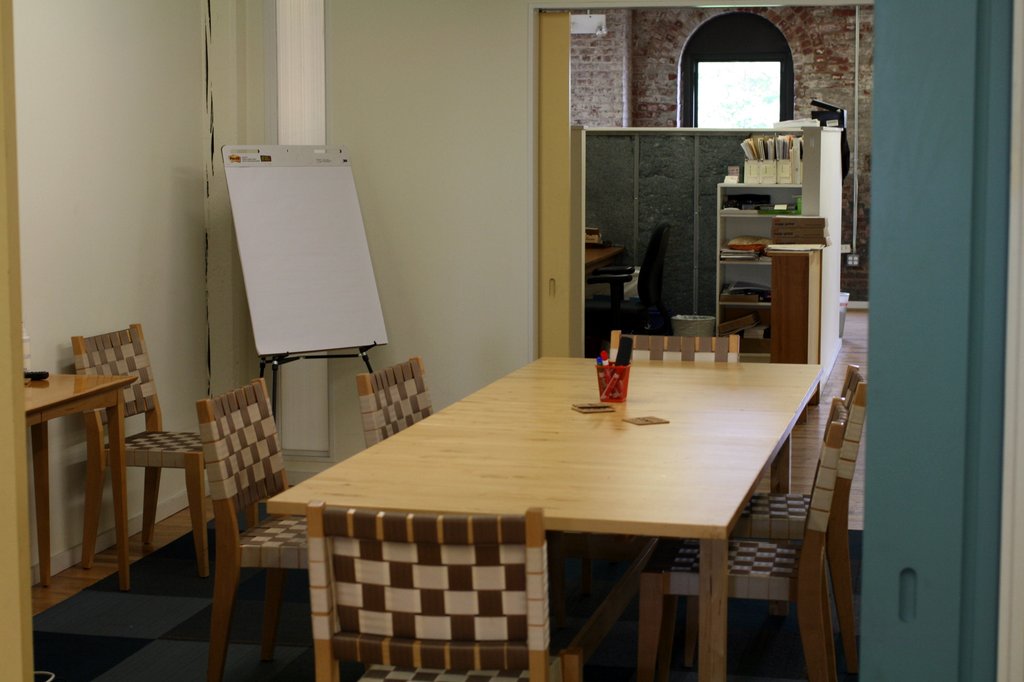Filling out a form. Easy, you say. But imagine this: you have little time and resources to spare, spotty access to the Internet, a tenuous knowledge of English and an avalanche of papers to fill out.
In D.C., the subsidized housing application process can be downright painful.
The 100 or so buildings that provide Section 8 subsidized housing — a U.S. Department of Housing and Urban Development (HUD) program that can cover up to 70 percent of rent for low-income residents — each require filling out a different form.
The waitlists are sometimes so long that buildings stop accepting applications, which is not indicated on HUD’s list of eligible housing. They may also require applicants to drop off the paperwork in person or fill it out on site.
This situation begged for a hack.
The 'Mega App' hopes to save applicants weeks of tedious work.
So, in 2013, a local community group that helps low-income residents pierce through this bureaucratic maze went to Code for DC with a plan: create a common application that could streamline the process and make life easier for low-income applicants.
“Instead of filling out several applications by hand,” Stacey Johnson, a senior social worker at Bread for the City said in an email, “we’ll be able to enter in the information once and have it pre-populate into several applications at once.”
When Johnson and Matt Leasure, a former Bread for the City housing case manager, presented the idea at a Code for DC meeting in 2013, the civic hackers were soon on board. The project kicked off on the national day of civic hacking, June 1, 2013, said Marcus Louie, who is leading the project.
Enticed by Louie’s offering of “bottomless PDFs,” a core team of half-a-dozen coders and activists came together regularly after work to develop the Mega App.
###
It turned out that creating a streamlined program that could populate the applications of even 30 buildings — the number Code for DC is currently working with — was a complex enterprise. “The technology is relatively straightforward to build,” said Louie. “The hard part is coming up with [the] data modeling.”
Johnson herself had taken a stab at streamlining the process in a single PDF to help applicants — who often cannot read or barely speak English — during Bread for the City’s free weekly workshops. But, she said, “I got stuck when it came to coding.” She tried to make her own app, but the maze of forms was too topsy-turvy for Live Cycle.
Instead of filling out several applications by hand, we'll be able to enter in the information once and have it pre-populate into several applications at once.
“Most people who are applying for these buildings,” she added, “have limited resources in terms of phone use and tech savvy or access to computers.” With the app, they could be able to fill out their forms in one session, sparing them weeks of work.
To push out the app by year’s end, Louie will be using the three-week civic engagement sabbatical awarded by his employer Socrata, an open-data consulting firm.
The work is far from over, Johnson cautioned.
Buildings could make the application process easier and safer, for instance, by streamlining identification procedures which often require applicants to traverse the city carrying precious documents.
And there is still a long way to go to reach Bread for the City’s ultimate goal. “People need living wages, affordable rents, and for public-benefit amounts to adjust for the real cost of living,” she wrote. “I would be ecstatic if we can use technology to help push any of that forward.”







